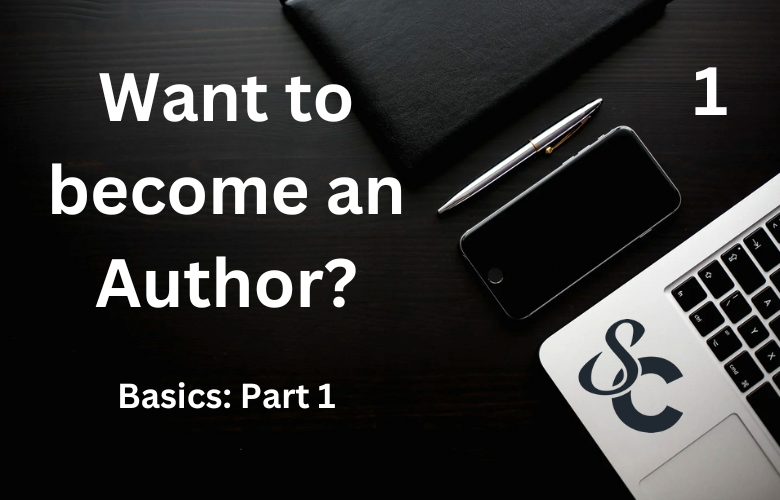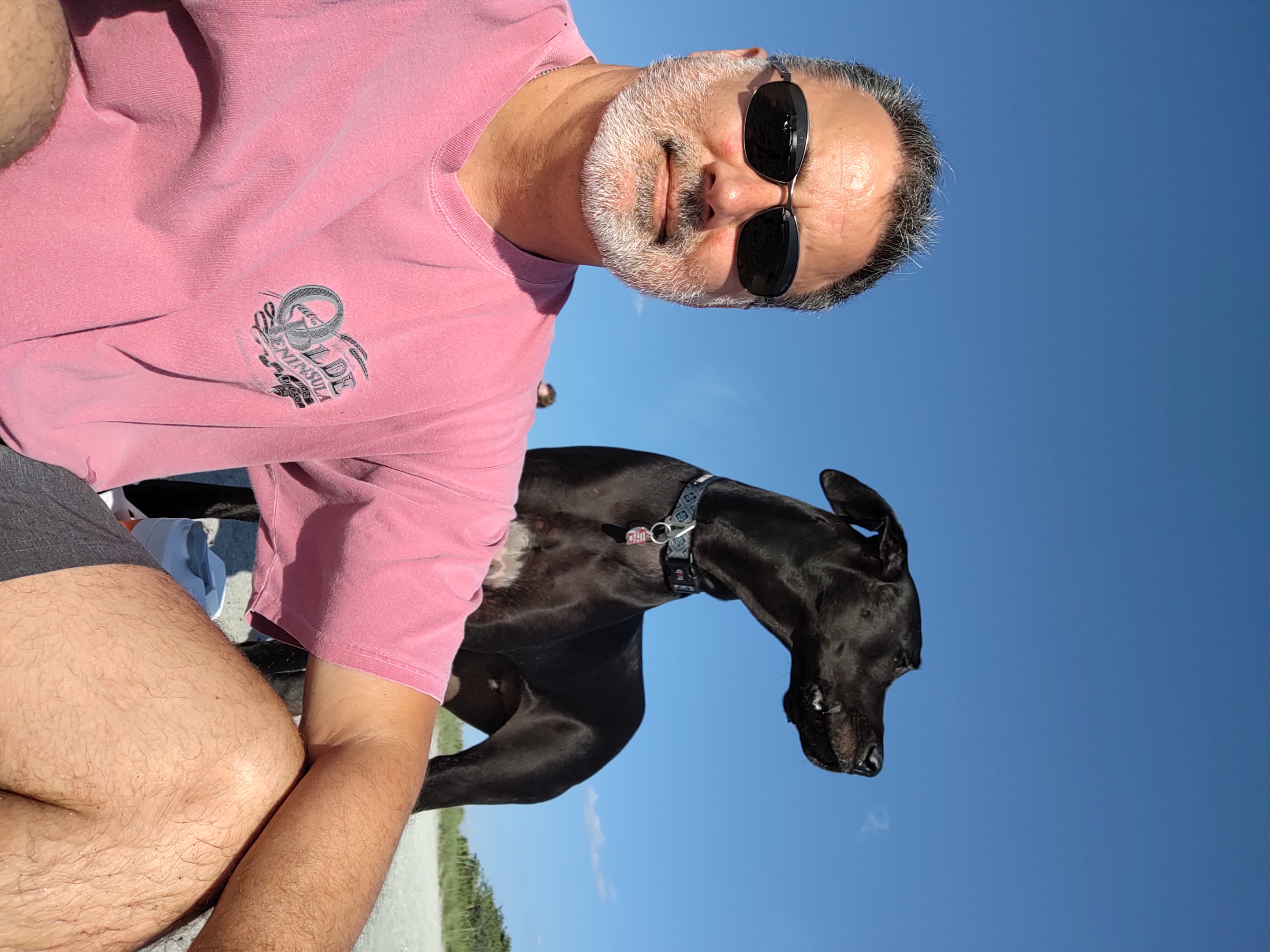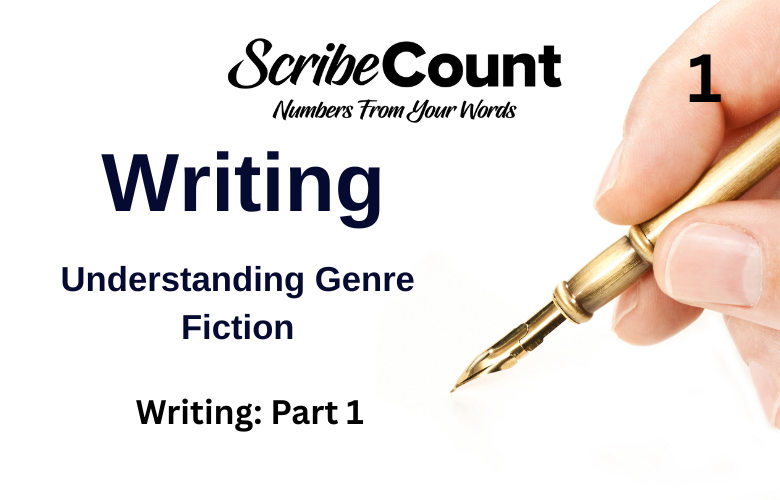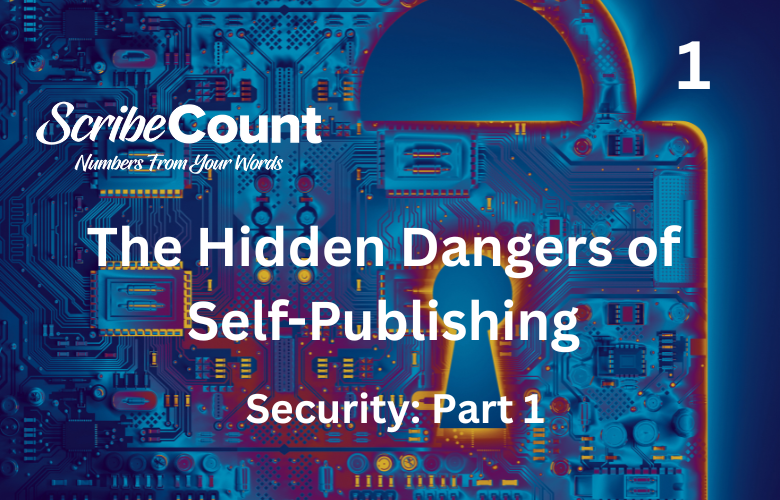So, you’re thinking about becoming an author…
Before you do anything else, you should ask yourself WHY you want to be a writer.
It's important to be brutally honest when doing so. As with most things in life, there are multiple paths and means of getting from point A to point B, and becoming a successful writer is no different.
Your definition of success is directly related to your WHY.
Writers write for many reasons. Some feel they have a story in them and are simply compelled to tell it. Others use writing as a form of self-expression, wanting to share their thoughts with the world. Many wish to share some unique knowledge or perspective they have with others and feel that writing a book is the best outlet for that. Some write for therapeutic reasons, putting their thoughts down on paper to help them overcome trauma or negative experiences. Others write to gain public awareness or to establish themselves as an authority on a given subject. Many write for financial gain only and search for topics and genres that are focused on that outcome regardless of their own personal interest in them. Some authors are legacy authors, writing from a desire to leave their mark on the world or to pass down their experiences to their children. Whatever your motivation might be, the result is written content, and that content needs to be read.
Writers may fit neatly into any of those possibilities or even several, but if you are reading this you are probably motivated by a desire to tell stories. Stories similar to the ones that you read as a child and still read today. That and the fact that you love the craft of writing. For you, it serves as a creative outlet that simply needs to be let out. The process alone gives you joy. You write because you cannot not-write.
And if you can make a little money by doing so, well that’s okay too.
Financial gain is a strong motivator. Who wouldn’t love to make a living doing what they would gladly do for free? But most writers who are just starting out view the income from their writing as a nice bonus, and not the end goal.
Your motivation for writing will play a large part in both your level of proficiency and your financial success. Finishing chapter seven because you wrote chapter six yesterday should not be what gets you out of bed in the morning, but rather rushing through your morning routine so you can get to your desk and find out what happens next to your main character.
When it comes to writing, it's not what you do, it's WHY you do it.
“You don't write because you want to say something. You write because you have something to say.”
F. Scott Fitzgerald
What’s your WHY?
It’s important to be honest about your motivation. Many would-be writers embark on the journey because they wish to be famous, rich, or a version of themselves that they always dreamed of being but never took the steps to be. They wish to be writers the same way they wish to be movie stars, Olympic athletes, or business tycoons. They focus on the end result and not the work that needs to be done to get them there.
They aren’t being truthful about WHY they want to write a book.
Starting is easy. Finishing, not so much.
Let’s look at some statistics:
For every 1,000 people who start a book, only 30 will go on to complete it.
Of those 30 people, only around 20% will go on to publish their work.
This means that out of those original 1,000 people, only 6 will end up with a published book.
That’s the bad news.
Being one of those six writers does not require a herculean effort, a total recalibration of one's life, or the ability to go days without sleep, it simply takes a realistic view of the steps required and putting a solid plan in place to reach them. If you’re reading this you are already on your way to accomplishing both.
The good news is that there is now NOTHING standing in the way of you the writer getting your book into the hands of the millions of readers out there. The process involves some study, some patience, and some work, but none of it is insurmountable, nor does it require permission from anyone. The days of gatekeepers ruling the publishing world are over. If you wish to be a published author, you can be.
But back to your WHY.
Knowing what you are up against.
Reading the above statistics, knowing that there is actual work involved, accepting that it will take a significant investment of both your time and your money, and then deciding that you will write your book anyway, is the first step.
So be honest with yourself and set the correct goals.
Is writing something you wish to make a career?
Is it a hobby that you wouldn’t mind making a few extra dollars a month doing?
Is it a springboard that will help establish you as an expert on a given subject or field of work?
Is it something you wish to add to your resume to get a leg up on the other candidates?
Is it a way to immortalize your life story for your family to read after you have passed?
Is it a way to acquire fame?
Is it an item on your bucket list that you wish to check off?
Is it something you wish to try and hopefully continue?
All of these reasons are fine, but they will each require a different approach.
A short story is a love affair, a novel is a marriage.
Lorrie Moore
What’s required?
Let’s look at the basics of a novel and outline what it takes to produce one.
The average novel can range anywhere from 60,000 to 120,000 words. I say average as they differ by genre with Epic Fantasy coming in at well over that for several volumes and Young Adult averaging much less at around 50,000.
The rule of thumb for estimating words per page is 250.
So a standard thriller of 100,000 words would be about 400 pages*.
*While traditionally published authors are held quite stringently to these parameters indie authors can venture outside them to their heart's content. However, trade publishing houses have decades of data to draw from and know what length readers expect from the genres they purchase. The wise author knows to stay within those expected word counts.
If you intend to write a thriller you’ll need to come up with 100,000 words. You can do so 1,000 words at a time, or 5,000 words at a time, it's entirely up to you and we’ll discuss output in future posts. These numbers are mentioned here to give you an idea of what is expected from you by the reader.
Author Math
Let’s say you have the time and the typing skills to churn out 2,000 words a day. You write Monday through Friday. That’s 10,000 words a week which works out to 10 weeks to produce your first draft. (This is considered solid production in the writing world.)
Again, this level of output is not what’s expected from any new writer. Many successful writers spent months if not years writing their first book. Many started and stopped, abandoned their 1st, 2nd, and 10th drafts, or even sat on the book for years before finally polishing it off and publishing it. There are no rules when it comes to production. Most authors will agree on two things, however; the second book was much easier to write, and done is better than perfect. We’ll talk more about production in other posts.
Note that I said first draft. Once you have finished you’ll want to make a couple of passes through it with a spellchecker, correct any mistakes you find, and then do it all again before you consider it a “solid” first draft. During this process, you will no doubt run across things you wish to change or improve on. Let's add another two weeks to get that done.
You’ll then want to have it edited by an experienced editor. This is something you should not skip, nor should you trust your aunt who taught sixth grade English twenty years ago to do this. Find someone who does this for a living*.
*We’ll show you where to find editors and other necessary help in later posts.
Once you have that copy back from the editor it’s time for the rewrites. This may take a few passes as well. You may wish to have a proofreader (not the same thing as an editor) then check your work. You may wish to have a few people read your draft and get feedback as to the story’s flow and content.
Once you have done these steps it’s time to have your covers made, make your table of contents, have the manuscript formatted for upload, select your pen name, write your synopsis, author bio, and book description, have your picture taken, research your keywords, purchase your ISBN’s, open a bank account, copywrite your book, create your backmatter, determine your prices, and then decide to what platforms you wish to sell your book on.
Once you have all that ready, you can then publish your book.
There are a few more steps in there but I didn’t want to overwhelm you.
This is mentioned here not to scare you off but to show you how complex indie publishing is. The creation of the story is only part of it, the rest falls under “business”, and make no mistake, writing, even independent writing, is a business. You need to understand this from the start if you hope to be successful.
Some Good News
The good news is that all the steps that were just listed are easily overcome with a little research and a lot of reading. Like everything else, there are right ways and wrong ways to indie publish and predators lurk at every junction.
In the next post(s) we’ll walk our way through this process, dropping years of hard-earned tips and lessons as we go, and keep you safe while doing so. Like every other business, indie publishing is constantly changing. These posts will be updated regularly to cover those changes and keep you well-informed.
Take a few minutes to ask yourself the questions above and have solid answers in place before moving on. Having those answers will make the road ahead much smoother.
Welcome to indie publishing,
Randall




